Wuthering Heights
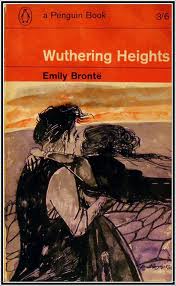 Wuthering Heights by Emily Brontë (1847). The author’s only novel, published a year before her death, centers on the doomed love between Heathcliff, a tormented orphan, and Catherine Earnshaw, his benefactor’s vain and willful daughter. Passion brings them together, but class differences, and the bitterness it inspires, keeps them apart and continues to take its toll on the next generation.
Wuthering Heights by Emily Brontë (1847). The author’s only novel, published a year before her death, centers on the doomed love between Heathcliff, a tormented orphan, and Catherine Earnshaw, his benefactor’s vain and willful daughter. Passion brings them together, but class differences, and the bitterness it inspires, keeps them apart and continues to take its toll on the next generation.
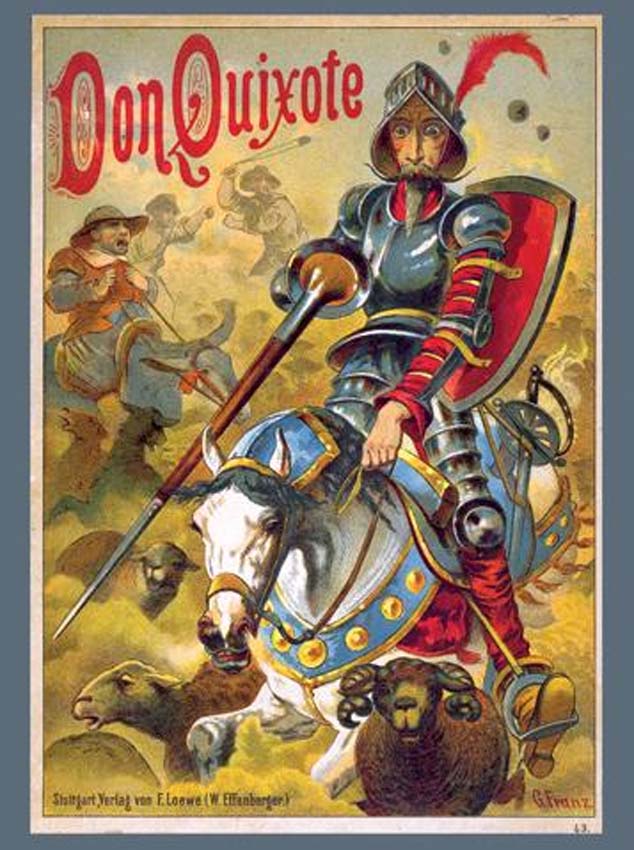 Don Quixote
Don Quixote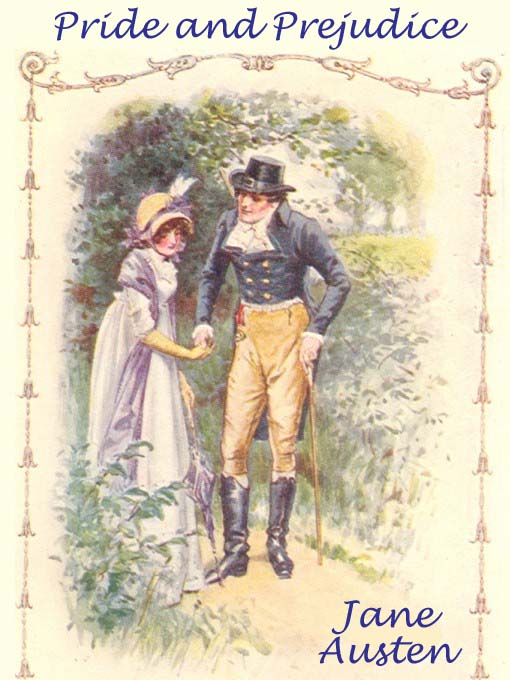 Pride and Prejudice
Pride and Prejudice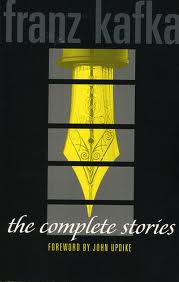 Stories of Franz Kafka
Stories of Franz Kafka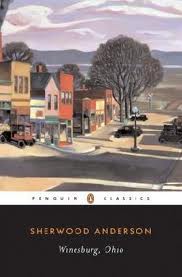 Winesburg, Ohio
Winesburg, Ohio Invisible Man
Invisible Man Stories of Flannery O’Connor
Stories of Flannery O’Connor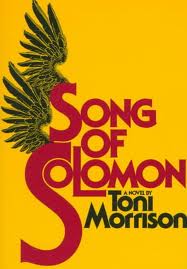 Song of Solomon
Song of Solomon One Hundred Years of Solitude
One Hundred Years of Solitude The White Tiger
The White Tiger